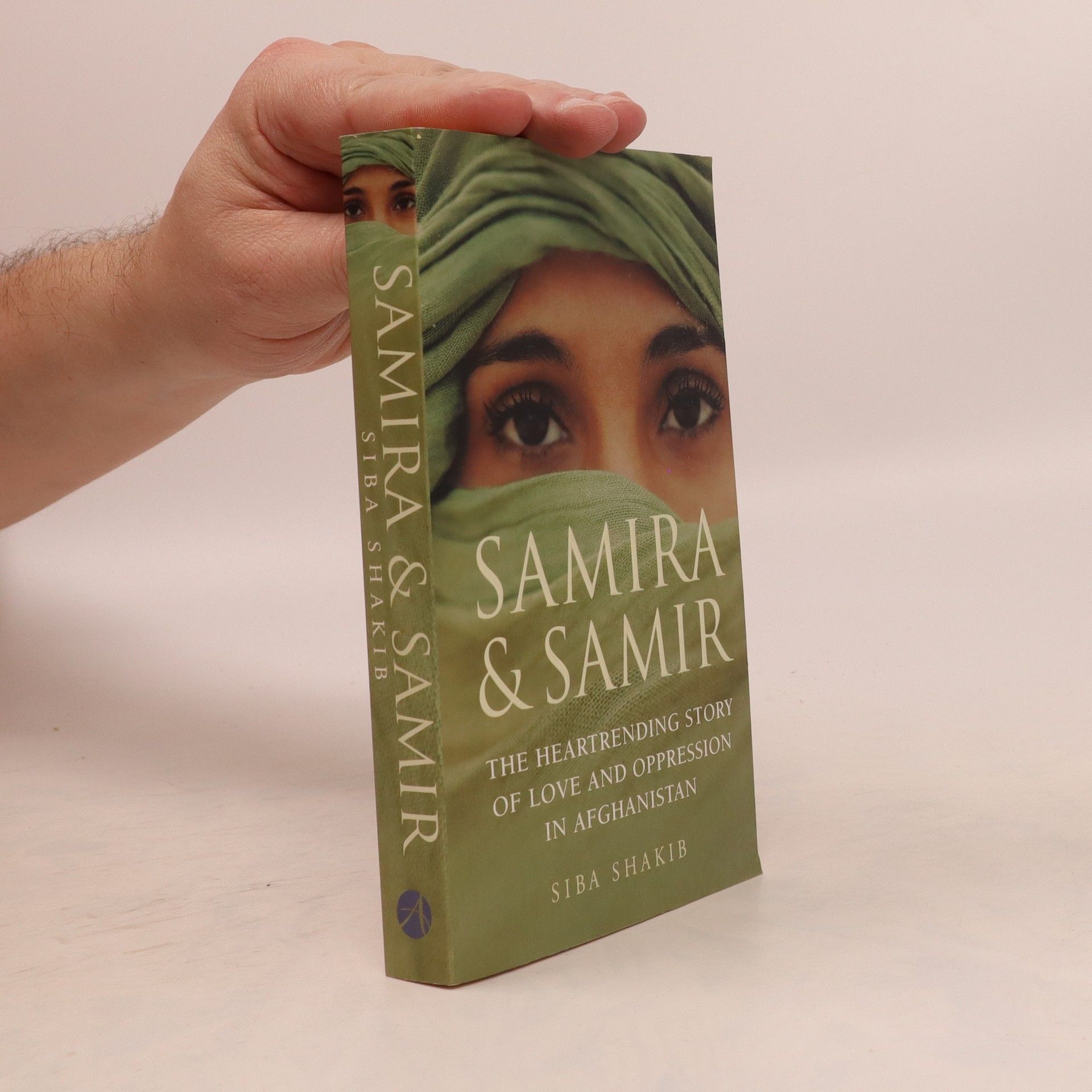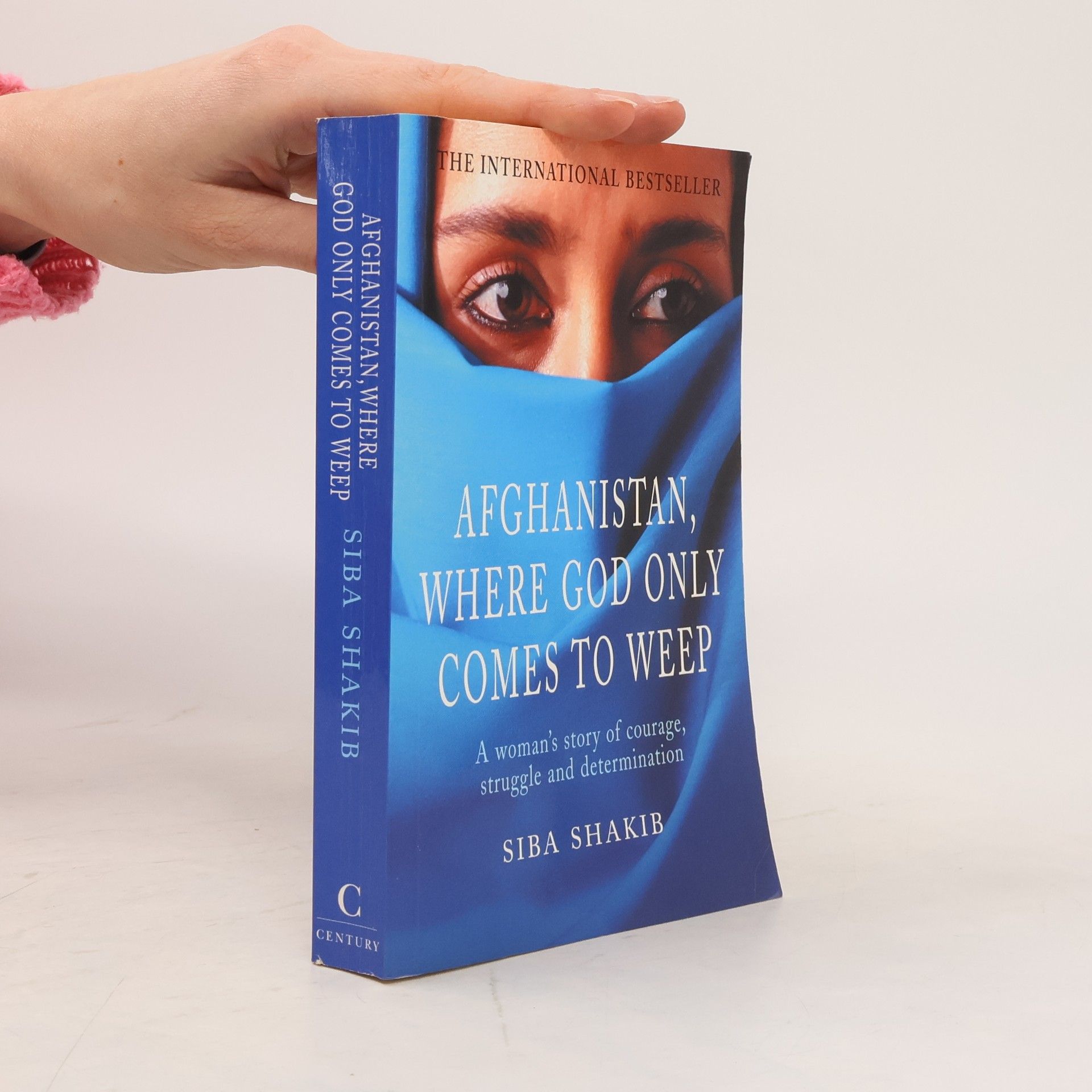Shirin-Gol was just a young girl when her village was leveled by the Russians' bombs in 1979. After the men in her family joined the resistance, she fled with the women and children to the capital, Kabul, and so began a life of day-to-day struggle in her war-torn country. A life that included a period living in the harsh conditions of a Pakistani refugee camp, being forced into a marriage to pay off her brother's gambling debts, selling her body and begging for the money to feed her growing family, an attempted suicide, and an unsuccessful endeavor to leave Afghanistan for Iran after the Taliban seized control of her country. Told truthfully and with unflinching detail to writer and documentary-maker Siba Shakib, and incorporating some of the shocking experiences of Shirin-Gol's friends and family members, this is the story of the fate of many of the women in Afghanistan. But it is also a story of great courage, the moving story of a proud woman, a woman who did not want to be banished to a life behind the walls of her house or told how to dress, who wanted an education for her children so that they could have a chance at a future without fear and poverty.
Síba Shakib Books
Siba Shakib focuses her lens on war-torn Afghanistan, working before and during the Taliban's reign of terror. Her award-winning documentaries often serve as moving testimonials to the horrors of life in Afghanistan, particularly highlighting the plight of Afghan women. Having grown up in Iran and pursued higher education in Germany, Shakib brings a profound understanding and sensitivity to themes of oppression and resilience.







Samira and Samir
- 352 pages
- 13 hours of reading
When the young Afghanistanian girl Samira is born, her father, a commander fighting in the mountainous regions of Afghanistan, decides to raise her as a boy called Samir. The fact that Samir is really a girl is soon forgotton as Samir learns to fight, ride and shoot as well as any boy and when her father is killed she becomes the head of the family. As an adult, she falls in love with the male friend of her youth and is forced to reveal her true identity. In order to marry Bashir, she must relinquish the freedom she is afforded as a man. Samira follows her heart but hates wearing the veil. Eventually, the torment becomes too great and she decides that there must be a third way to live, as a confident woman not confined by the rules of her culture. This is her story.
Ein eindringlicher Roman über die heilende Kraft des Geschichtenerzählens Anoush steht in der Lebensmitte an einem Wendepunkt: Ihre Freundin Anouk, wie sie selbst Tochter eines Iraners und einer Deutschen, mit der sie in Teheran aufwuchs wie mit einer Schwester, hat sich das Leben genommen. Für Anoush bleibt die Zeit stehen. Es ist nicht das erste Mal, dass sie Anouk verliert, doch diesmal ist der Verlust endgültig. Anoush, die viele Jahre zuvor jede Verbindung zu ihren Eltern im Iran gekappt hat, zieht sich in ihr kleines Haus in den italienischen Marken zurück, um all die traumatischen Erinnungen zu verarbeiten und einen vor Langem begonnenen Roman fertigzuschreiben. Die Natur um sie herum tut ihr gut, aber es fällt ihr schwer, sich zu sammeln. Da taucht plötzlich eine geheimnisvolle Frau bei ihr auf, die sagt, sie habe ihr Gedächtnis verloren. Auf Anoush macht sie einen unerklärlich vertrauten Eindruck, weshalb sie sie fortan Anouk nennt. Während die neue Anouk Anoush in ihre Geschichte führt, hilft der entstehende Roman beiden, wieder zu sich selbst zu finden. Und schließlich gelingt es Anoush sich mit ihrer Mutter und der Vergangenheit zu versöhnen.
Samira und Samir
- 288 pages
- 11 hours of reading
Mille volte Gioia
Romanzo

